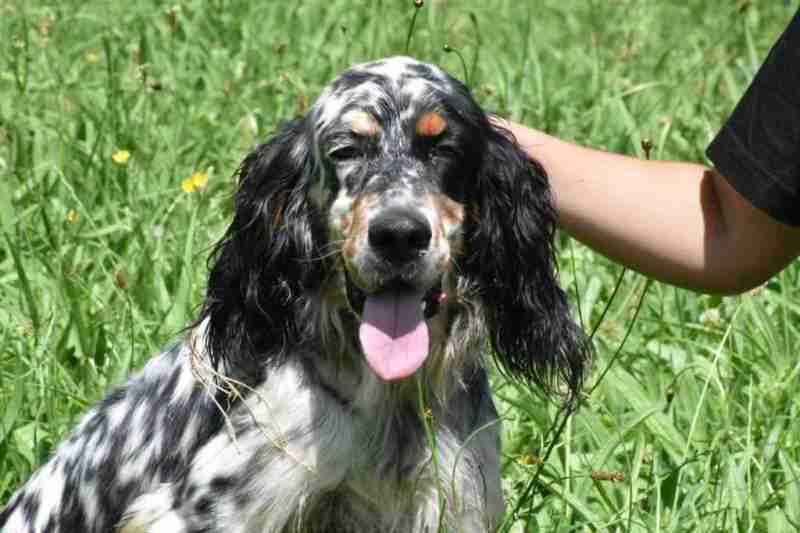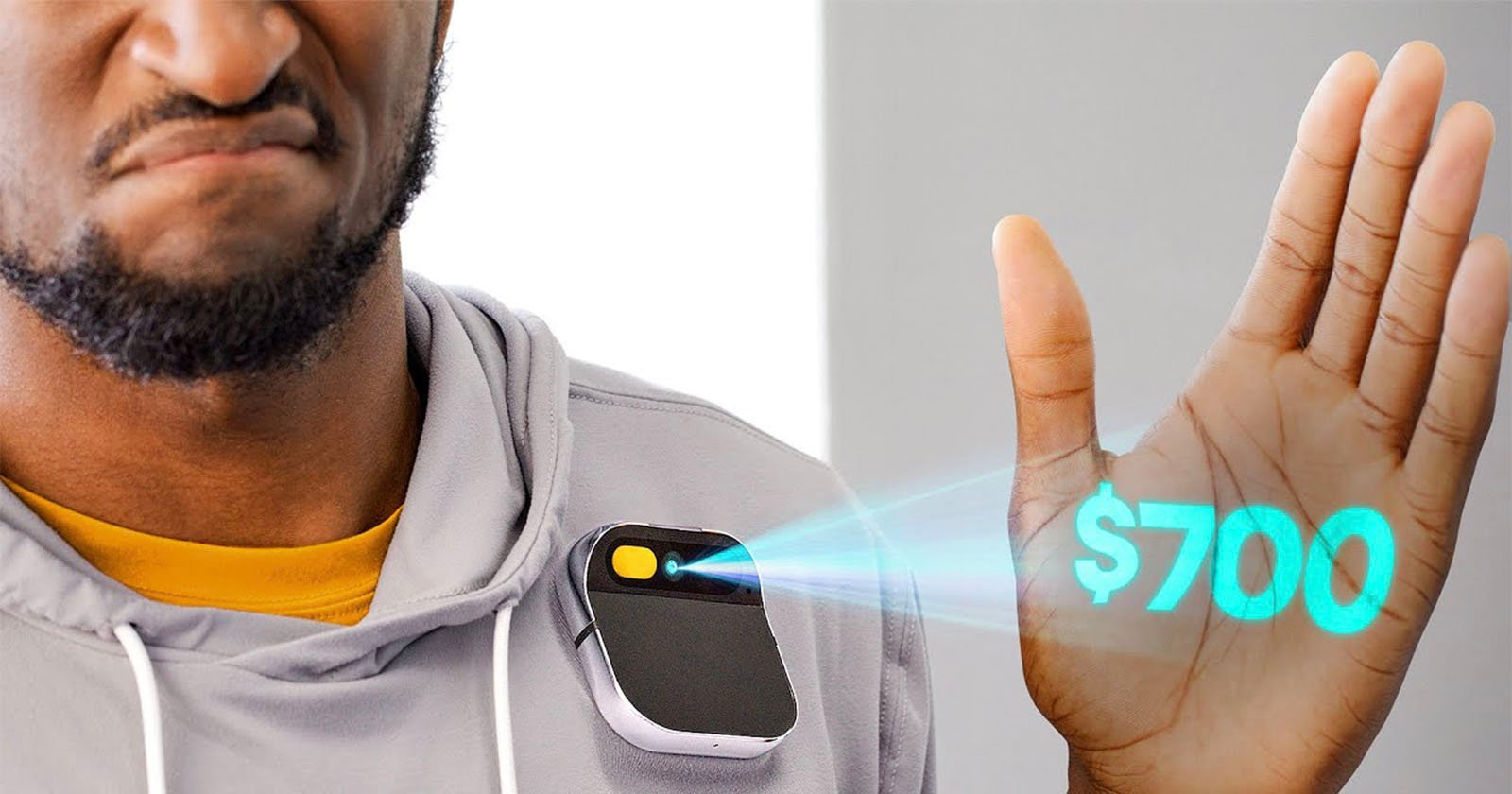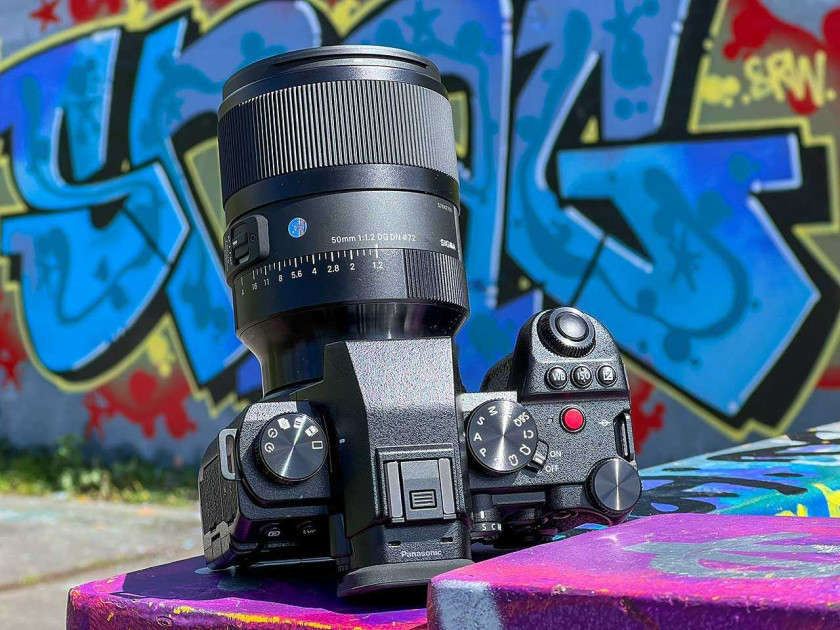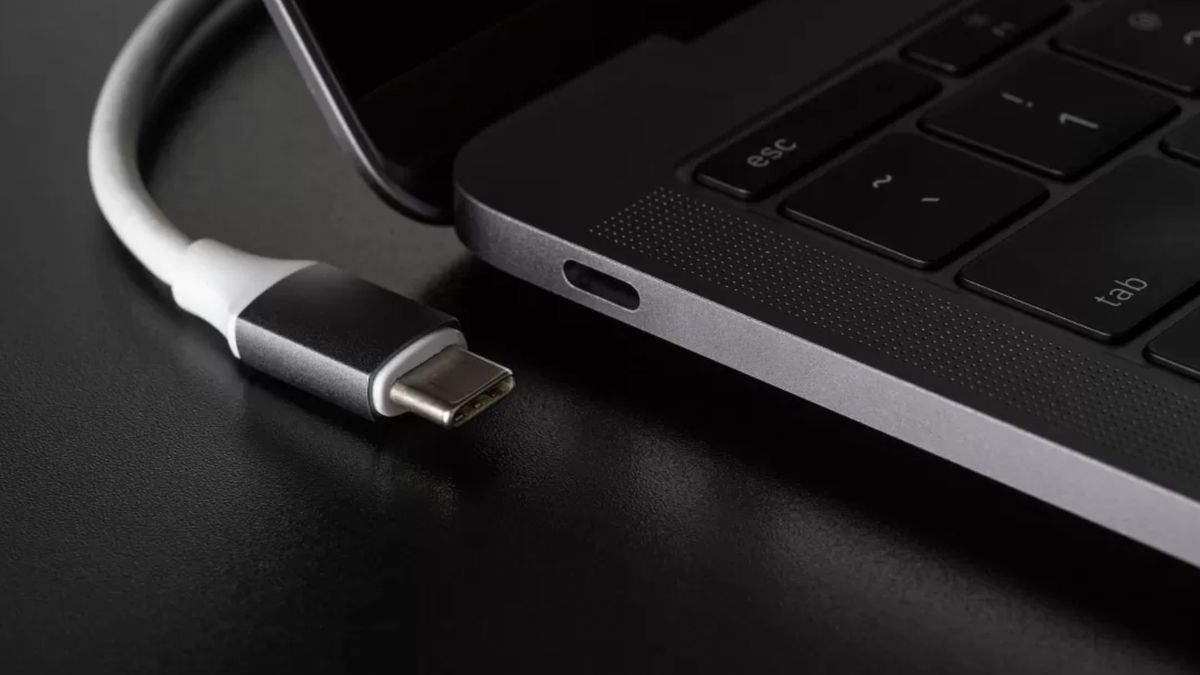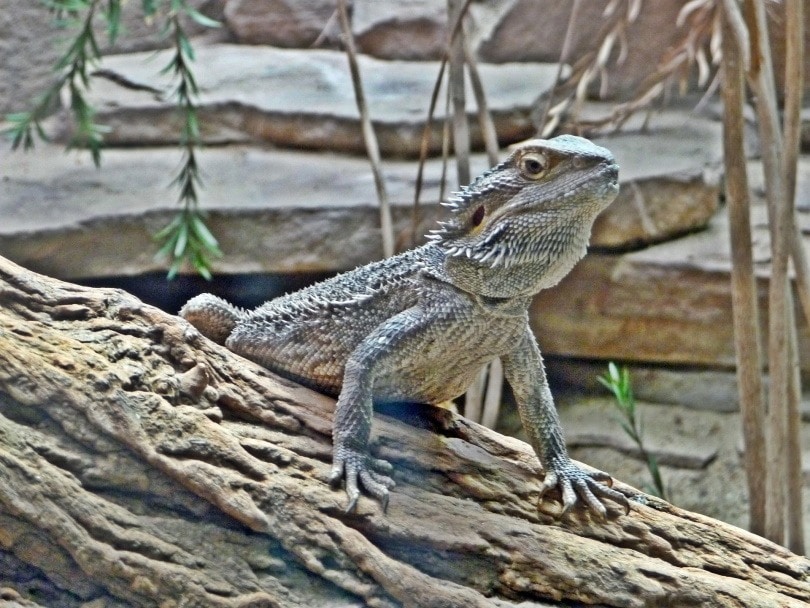

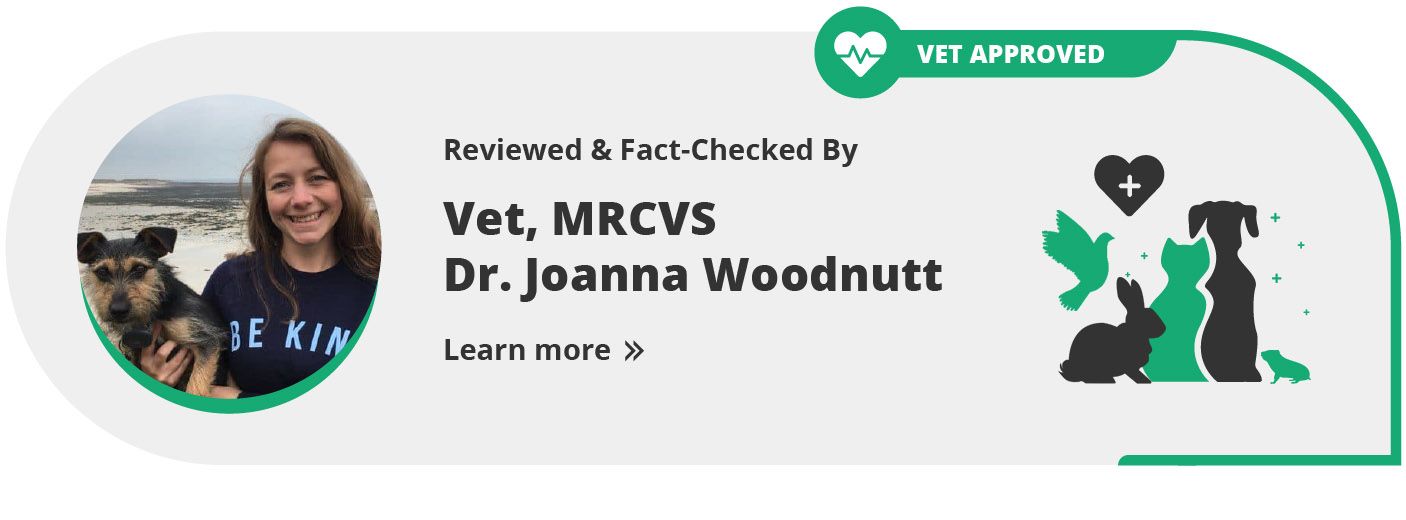
However, all lizards in captivity are still wild animals—they are not domesticated like dogs. This means they are not adapted to live with humans as pets and so have a wide variety of complex, specific needs that must be met by their pet parent.
Health problems in reptiles are most commonly found where their requirements are not met by their keeper and their environment. One common health problem is lack of appetite, or anorexia, and this will be discussed here.

Bearded dragons – basic facts and background
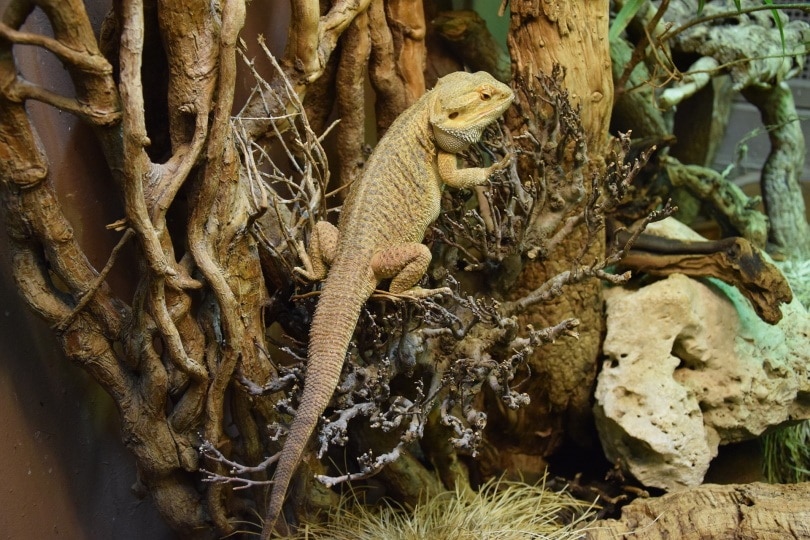
It is vital to do your research before you commit to looking after a lizard (or any pet) using trusted, accurate sources. Lizards need a lot of highly specific care and failure in any aspect of it can make your bearded dragon very poorly.
Bearded dragons are medium-sized, solitary lizards that can grow up to about 18 inches (45 cm) long over a lifespan of 10 to 15 years. They originate from the dry bushlands of Australia and are diurnal, meaning they are most active during the day.
All lizards rely on the environment and especially the sun for their body temperature—they cannot generate their own body heat and depend entirely on external warmth.
Diet
Their usual diet is fairly broad, including insects (live food) and plant material (greens and vegetables). Insects should be no larger than the size of your lizard’s mouth, and safe greens include watercress, rocket, cress, and butternut squash. It is best to avoid spinach, kale, and cabbage, as these can negatively affect internal metabolism if eaten in any quantity.
Housing
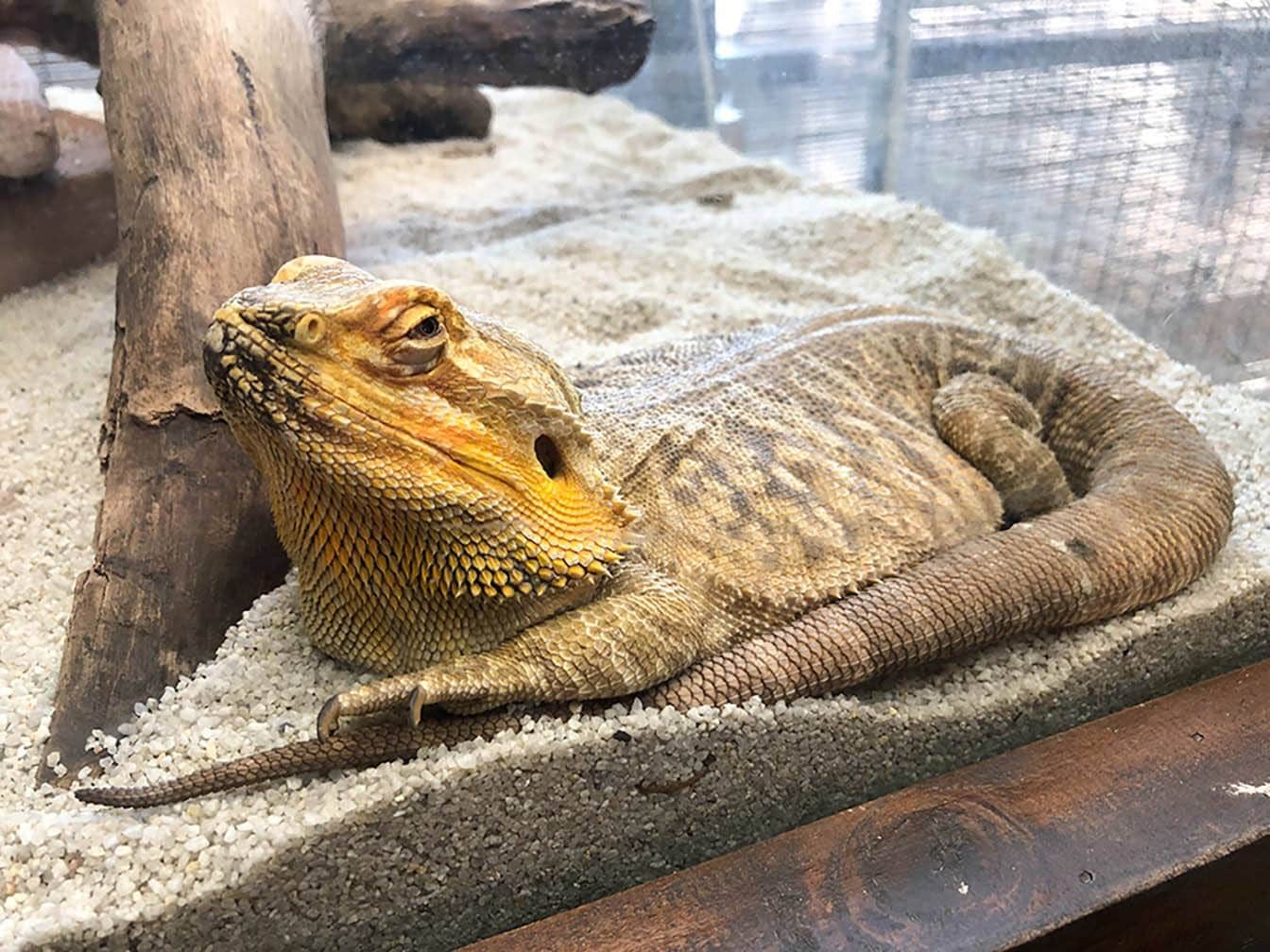
Beardies need to live in a special enclosure or vivarium that replicates their natural Australian habitat. This means it needs to be large enough (at least 48 inches long by 24 inches high by 24 inches deep for a single dragon) and provide warmth, humidity, and UV light. Usually, vivariums are designed to have a cool end (71.6–78.8°F) rising to a warm end and basking zone (100.4–107.6°C) so that your beardie can move between them as required.
Humidity levels should be controlled between 30% and 40%. A special UV light should be used to provide both UVA light and UVB light. Both components are required for the continued health of the dragon and the light must be placed close enough to your beardie, so ensure you check the manufacturer’s instructions on height. Generally, these lights are kept on a timer, so they are on for half of the day (just like day and night). It is again useful to have a gradient of light so there is a bright spot and a place of shade too, so the lizard can choose.
Hygiene and enrichment
Vivariums should be kept clean with excretions removed regularly, fresh water provided and changed daily, and unused food items removed daily.
Vivariums usually include things for your bearded dragon to interact with (enrichment) – including stones, branches, and a hide. A sand or sand/soil mixture can be used as the floor (substrate) to allow opportunities for digging.

Normal bearded dragon behavior
Bearded Dragons feed once a day
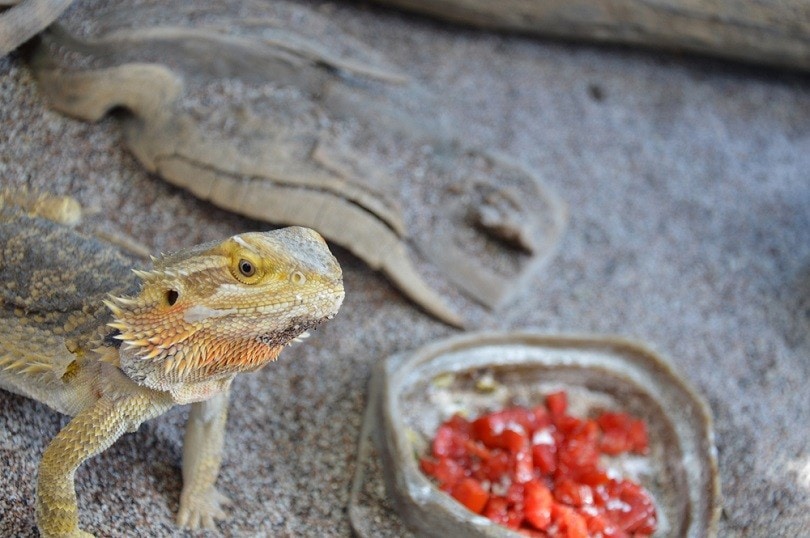
Bearded dragons are usually fed once a day as adults. It is important to keep an accurate record of how much is fed, as overfeeding and obesity can be a problem! It is also useful to weigh your bearded dragon once a week using basic scales—their weight should not change by more than 5% in normal circumstances, so a change greater than this is significant.

Bearded Dragons enjoy just lounging around!
A healthy bearded dragon will be active during the day, but they do spend a lot of time lounging around! They will interact with their environment, eat, and drink (though they don’t drink a lot). They love to sit on rocks and enjoy the warmth and UV.

Beardies shed their skin
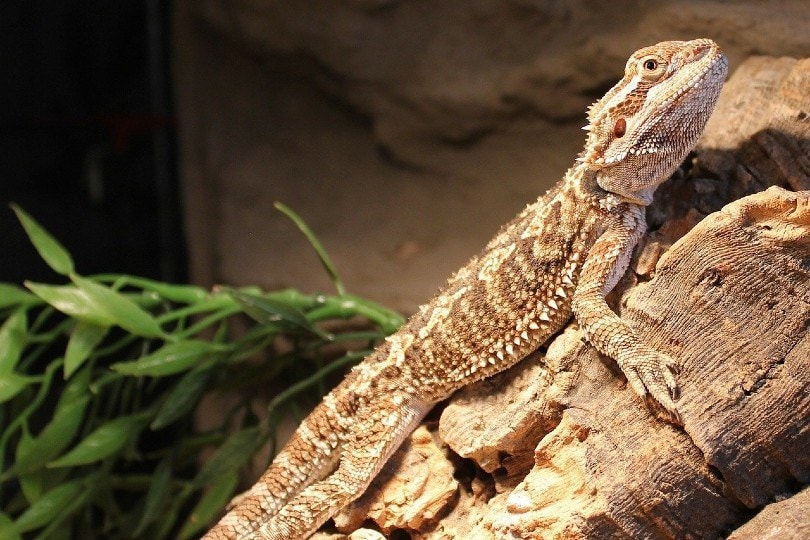
Beardies, like other lizards, shed their skin in large pieces at intervals. It is important not to pull on bits of skin but allow them to shed naturally. If patches seem stuck on, it is fine to try a warm water bath for a few minutes to soften them. Shedding does depend on humidity and the hydration of the beardie, so if these are wrong, shedding can cause problems including loss of toes.

Beardies undergo brumation (semi-dormancy / lethargy)
In general, appetite should be consistent, but bearded dragons do naturally go through a period of “brumation” in the cooler months, as room temperature and daylight hours decrease, where they will eat very little or nothing at all. Brumation is a normal, natural process similar to hibernation and may last between a few weeks and a few months.
During this period, they need less warmth and light, as in the wild they would be hiding away in a burrow. Although they are not eating, their weight should not change during this period, so it is well worth keeping an eye on weekly weigh-ins. It is fine to continue these during brumation.

Normal bearded dragons have long droppings
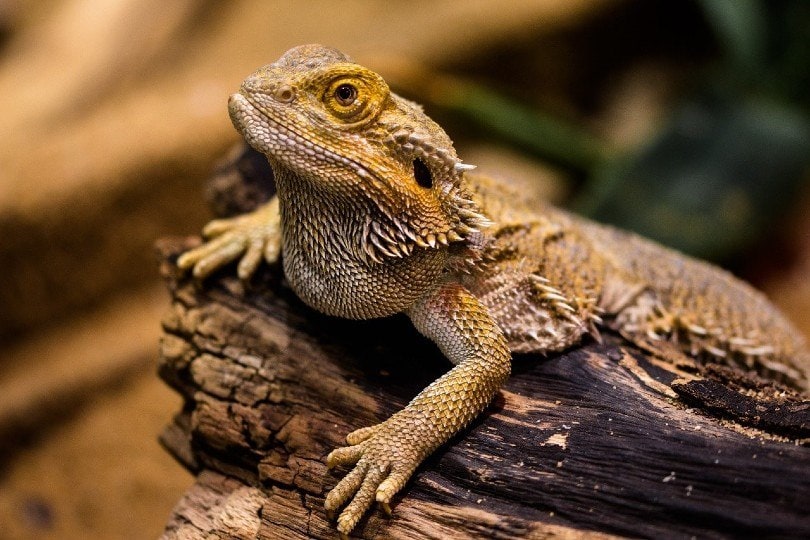
Normal droppings should be long and quite firm, with a dark part (feces) and a white part (lizard urine). Well-hydrated lizards also produce a little liquid too. If the droppings are not like this, or if there have not been any droppings for more than a day or two, then there may be a problem.

Do bearded dragons go through periods of not eating?
A healthy bearded dragon should not stop eating entirely for prolonged periods, other than during brumation. During brumation, they will eat little or nothing at all. In general, you can safely reduce feed slowly as the beardie prepares for brumation, as metabolism slows. Some keepers advocate feeding nothing at all so that the gut is truly empty while brumation proceeds, ensuring that food is not left sitting in the stomach for a long period. Others will feed very small amounts as required. There is little evidence for the best course here, so it is likely to come down to what suits your pet best.

How long can a bearded dragon go without eating?
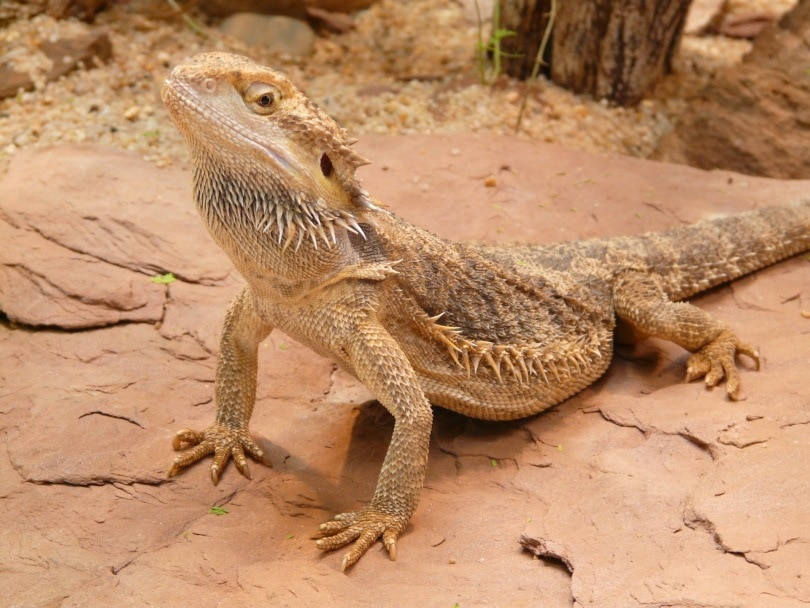
An adult beardie with good energy reserves and fat stores can comfortably pass 4–8 weeks without eating. However, this should only occur during brumation. Growing bearded dragons cannot usually go this long as they do not have the reserves and need lots of energy for growth. In normal circumstances, if your bearded dragon has not eaten properly for more than a few days, or is losing significant amounts of weight, it is best to consult a veterinarian sooner rather than later. During brumation, they should not lose weight.

4 reasons why a bearded dragon would stop eating are:
Just as in humans and other animals, unfortunately there are many possible reasons why a bearded dragon would stop eating. These include:
1. Problems in husbandry and management
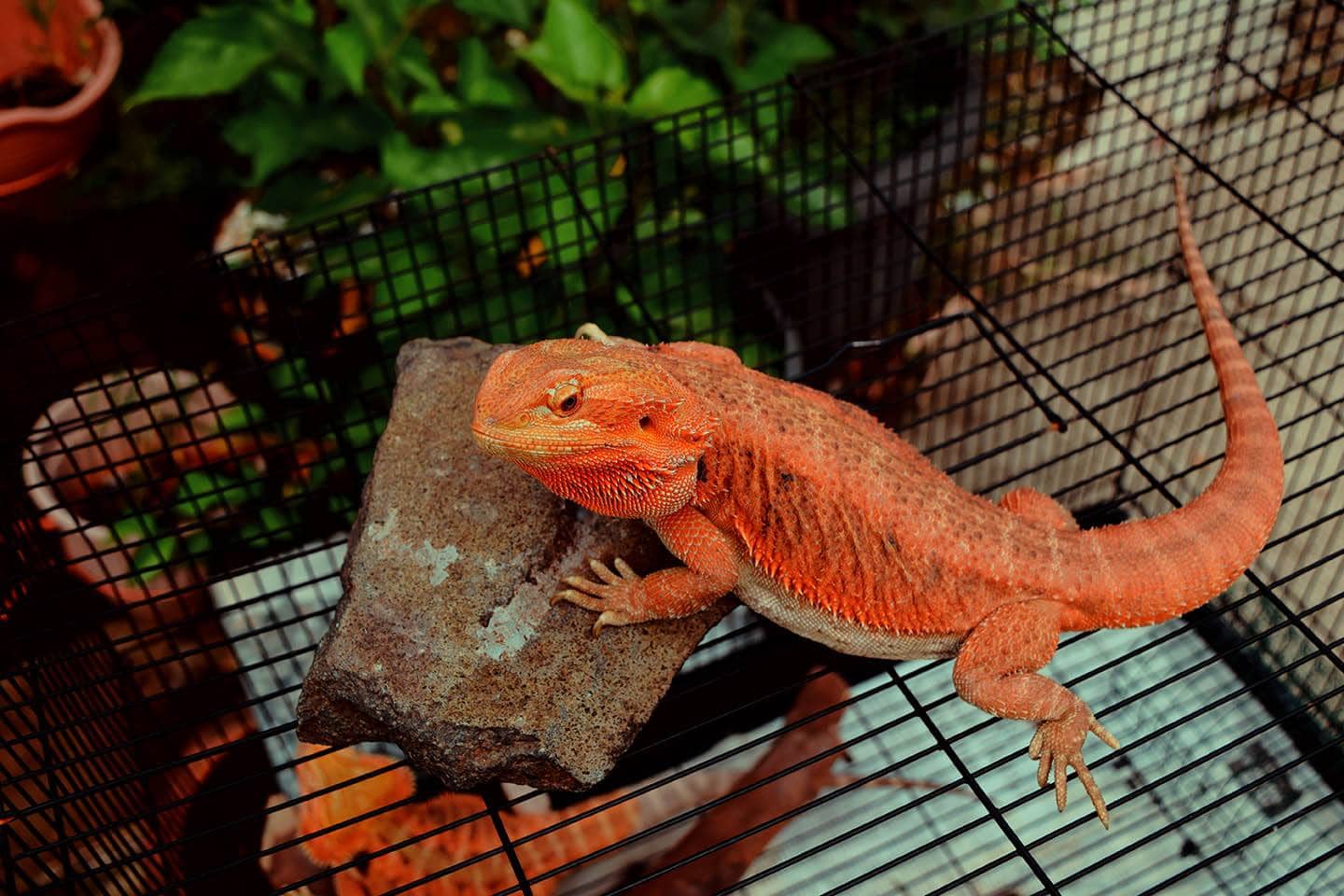
The most common reason for health problems is found in the environment provided. It is essential to get the vivarium environment exactly and consistently right. Here are some key tips:
- The diet must be appropriate and balanced—for example, your beardie will not try to eat insects that are too large and may be made poorly by excesses of the wrong greens (for example, too much spinach can affect calcium absorption).
- Bear in mind that your beardie might not eat because they have been fed too much! Overfeeding will make dragons overweight or obese and these animals will not make any effort to find more food!
- If the temperature is too cold, then digestion slows down, and animals may stop eating and possibly become constipated.
- Incorrect humidity and UV sources can also cause other health problems, which may contribute to a loss of appetite (especially through pain).
- Lizards can be prone to bowel obstructions through impaction or swallowing of “foreign bodies”—essentially swallowing something that isn’t digestible and blocks the intestines. This can happen with sand substrates, or if small stones or plastics are swallowed. It is worth ensuring your beardie isn’t able to access anything like this.
2. Stress
Like all animals, bearded dragons may become stressed, and this will reduce appetite. If they feel insecure in their environment, or are handled too often or inappropriately, this may all contribute. It is worth ensuring there are plenty of hiding places available.
Bearded dragons are also used to being solitary, so may stop eating if there is competition or bullying for food.
3. Parasites
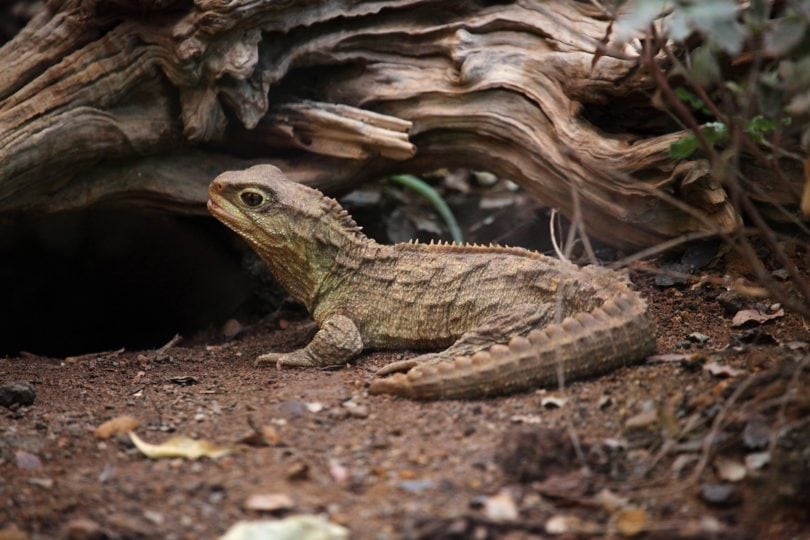
Lizards have their own dedicated group of gut parasites and infections. These are relatively common and will usually cause anorexia, weight loss, and softer feces than normal. Abnormal droppings should be investigated under a microscope by a veterinarian.
The most common parasites are pinworms and a tiny germ called Coccidia. Both are treatable if identified promptly.
4. Other diseases
Lizards are prone to metabolic diseases, where normal processes involved in metabolism go awry. Usually these are associated with a poor diet or poor UV light sources, and so everything comes back to husbandry again. Problems usually affect the skeleton, through processes involving calcium and vitamin D. These can be painful and so lead to a reduction in energy and appetite.
Lizards do suffer from cancers and tumors too, unfortunately, and these can cause various problems internally as well as physical obstruction of the bowel.

What should I do if my bearded dragon isn’t eating?
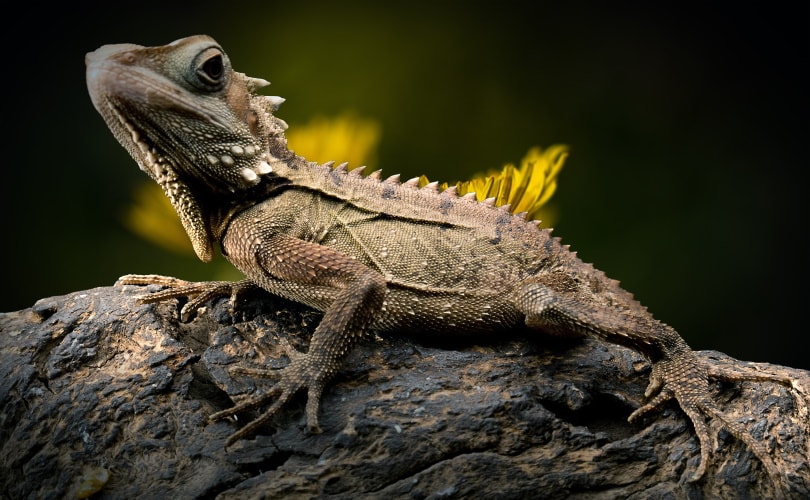
- If your bearded dragon is enjoying some brumation, then this may be normal. Comparing the current behavior to past behavior can be helpful.
- The next step is to look for other symptoms. Anorexia is just another symptom. Look for any weight loss week to week, any soft droppings (or lack of droppings), and any changes in activity levels.
- Check your lizard’s environment. The management of bearded dragons is crucial to many health problems, so check everything that you can control is where it needs to be. Temperature, humidity, UV light, hygiene, fresh water, and good diet are all essential.
- If your bearded dragon is still behaving normally in other respects, and the environment is all spot on, then it is reasonable to give your dragon a few days of peace and quiet to see if the situation improves.
- It is important to seek expert advice from a veterinarian if your bearded dragon isn’t eating after a few days, or if there are any other symptoms (lethargy, loose droppings, lack of droppings, or weight loss).
- Try to identify an experienced exotics veterinarian, or a veterinarian with an interest in lizards if you can. All veterinarians are highly qualified professionals, but not many work with lizards on a regular basis and so (not unreasonably) are not as experienced with them as they are with other species. Some veterinarians seek out and prefer to work with exotic species.
- Problems are easier to fix if you identify them early and seek professional help quickly. The longer a problem is left, the worse it will become.

What do I do if my bearded dragon is not pooping?
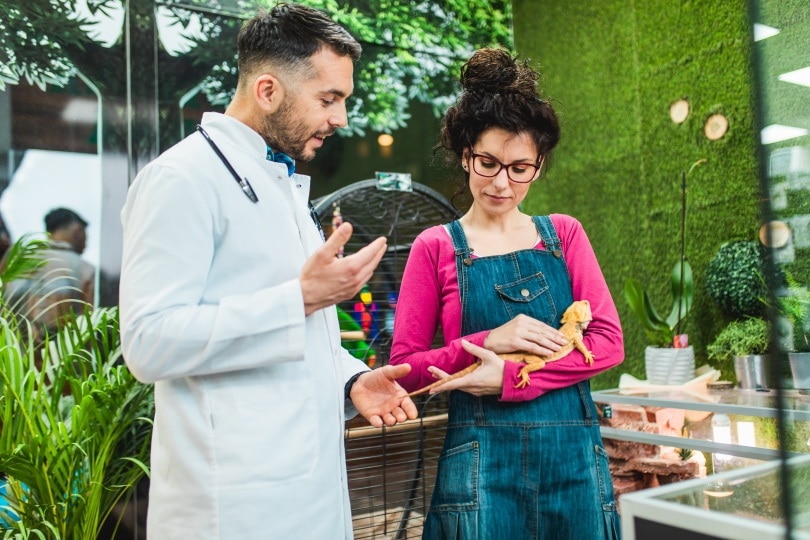
Constipation is a common problem in lizards and may or may not develop alongside anorexia (loss of appetite) and lethargy. Constipation might be caused by a slowing of the normal gut movements. This can be caused by low temperatures, low humidity, poor hydration, and a poorly balanced diet.
Constipation can also be caused by a blockage, such as an impaction (sand, for example, solidifying inside the gut, or even an excess of mealworm casings) or a physical object (stone). Again, take a close look at the environment and make sure everything is up to scratch. Check there isn’t any substrate or enrichment that your beardie could swallow and regret later! If any particular element of the environment isn’t right, correct it as soon as you can.
If your bearded dragon hasn’t been to the toilet in more than a day or two, it is reasonable to check the vent (the bottom, on the underside of the animal at the base of the tail) for any visible problems, and then put them in a warm water bath for 30 minutes.
If your bearded dragon still isn’t going to the toilet, then once again you should seek veterinary advice sooner rather than later.

Conclusion
Bearded dragons are increasingly popular, as they are one of the most suitable lizards for keeping as a household pet. That said, they are still wild animals and have highly specific needs that need to be fully met to keep them healthy and happy. It is vital to do plenty of research and learn from experienced, reliable, and accurate sources before taking on a pet like a beardie.
Once you’re set up, it is important not to rest on your laurels—there are lots of different elements that need monitoring, adjusting, and perfecting as your beardie settles in.
A poor environment is a major contributor to poor health in these animals, and one of the most common signs of ill health is a loss of appetite or anorexia. Anorexia can be caused by lots of different things and while it is normal for bearded dragons to eat less during their brumation, they should usually have a consistent appetite. If your bearded dragon hasn’t eaten for more than a few days, then it is important to seek professional help from a specialist exotics veterinarian.
Featured Image Credit: KeraMik, Pixabay
Joanna is an experienced vet working in the UK. She has written about pets and pet health for many websites, blogs, and pet magazines and loves to help owners understand their pets through her writing.


